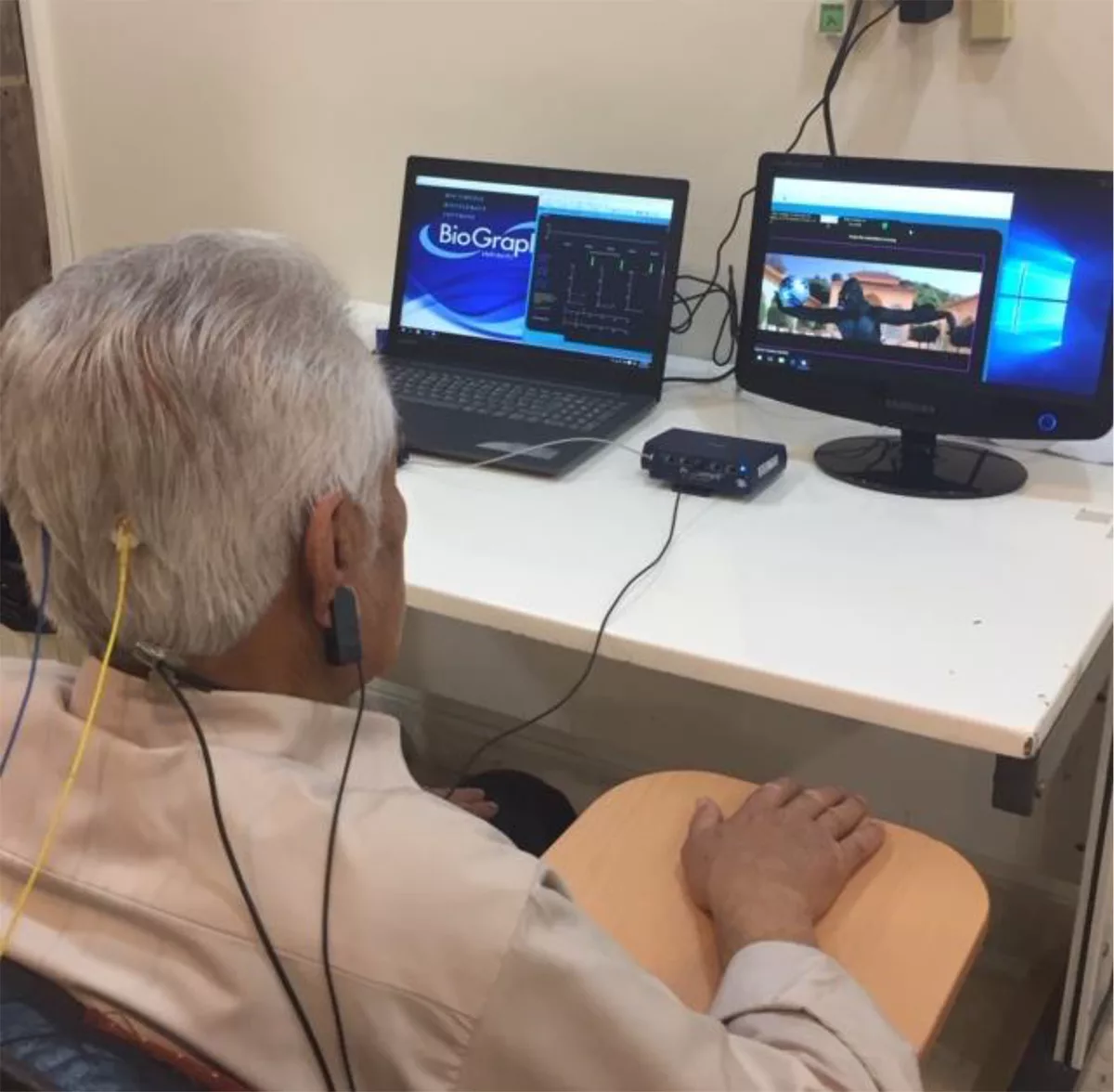Neurofeedback is one of the safe, alternative therapies the BART Foundation believes may help brain injury survivors. The BART Foundation aims to promote better outcomes for TBI/ABI survivors by answering three questions – which alternative therapies are likely to work, where can they be found, and how can they be afforded? One of the ways we fulfill our mission is by carefully watching global research and clinical trial outcomes and sharing that information, in user-friendly language, with the TBI/ABI community.
is one of the safe, alternative therapies the BART Foundation believes may help brain injury survivors. The BART Foundation aims to promote better outcomes for TBI/ABI survivors by answering three questions – which alternative therapies are likely to work, where can they be found, and how can they be afforded? One of the ways we fulfill our mission is by carefully watching global research and clinical trial outcomes and sharing that information, in user-friendly language, with the TBI/ABI community.
EEG-based neurofeedback (EEG-NFB) is a technique in which, through brain-computer interfaces, patients are trained to regulate the amplitude of a specific frequency band and are rewarded for doing so. This technique has been successfully used in TBI and stroke to rehabilitate learning and memory, attention, and even as part of motor rehabilitation.
In this June 2021 article from Frontiers in Aging Neuroscience, researchers studied the impact of EEG-based neurofeedback on those with mild cognitive impairment (MCI). In this randomized, controlled trial, researchers from several hospitals and universities in Israel studied the effects of neurofeedback as a treatment to improve the memory performance of those diagnosed with MCI.
Participants in the study were 30 subjects (13 women and 17 men, mean age = 71.93) with normal, or corrected to normal, color vision. Participants were diagnosed with MCI at the Beer-Sheva Mental Health Center (Israel). The diagnosis was based on a clinical evaluation and cognitive assessment performed by either a geriatric specialist or a psychiatrist. Participants were divided into two groups receiving either neurofeedback training to enhance the upper alpha frequency (Experimental group) or random feedback (Sham group).
The results of the study showed significant improvement in memory performance in subjects in the experimental group compared to those in the sham group. This improvement was maintained for at least 1 month. This finding adds to the evidence that neurofeedback may be a promising and affordable approach for treating the decline in memory witnessed in patients with MCI. Larger studies with the possible addition of functional imaging may provide further insights into this fascinating field.
